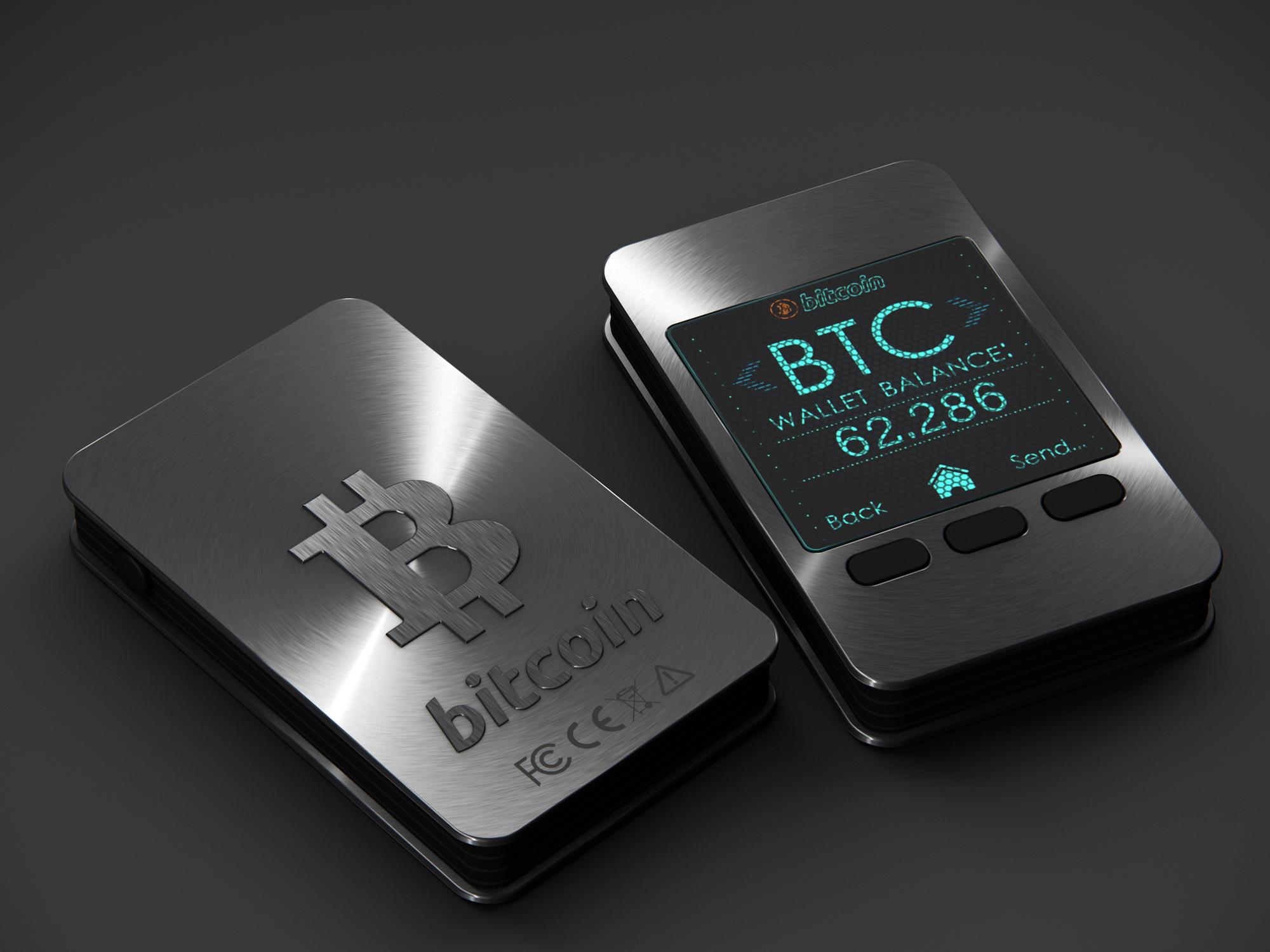Last Updated:
Jul 24, 2025
Crypto wallets: Hot and Cold
Last Updated:
Jul 24, 2025

Author
Share this article
When you start investing in cryptocurrencies, an important step is choosing a wallet to store them. The security of your assets directly depends on the type of wallet you use. Crypto wallets are generally divided into two main categories: hot and cold wallets. In this article, we will explain the differences between these types of wallets, and also review popular solutions like MetaMask, Ledger, and others.
Hot Wallets
Hot wallets (or online wallets) are wallets connected to the internet. They are convenient for those who trade frequently, participate in DeFi applications, or use their cryptocurrencies for various operations. However, their security is somewhat lower since they are constantly online and vulnerable to attacks.
Advantages of hot wallets:
● Convenience: Quick access to cryptocurrencies and ease of use.
● Easy setup: Creating an account usually doesn't take much time.
● Compatibility with most popular platforms and services (e.g., crypto exchanges).
Disadvantages of hot wallets:
● Vulnerability to hacking attacks: Since these wallets are connected to the internet, they are susceptible to phishing and hacking.
● Lower security: If you lose your password or keys, you might lose access to your funds.
Popular hot wallets:
● MetaMask: A wallet that provides a convenient interface for storing ERC-20 tokens and other assets based on Ethereum. MetaMask is used as a browser extension and helps interact with decentralized applications (dApps).
● Exodus: A user-friendly wallet supporting multiple cryptocurrencies, including Bitcoin, Ethereum, Litecoin, and others. Exodus integrates with exchanges and allows crypto swapping directly within the wallet.
● Trust Wallet: A mobile wallet supporting multiple blockchains, including Ethereum and Binance Smart Chain. Trust Wallet allows users to easily manage cryptocurrencies and participate in staking.
Cold Wallets
● Cold wallets (or hardware wallets) are devices that are not connected to the internet and are designed to securely store cryptocurrencies for the long term. These wallets offer the highest level of security because they are protected from online threats.
Advantages of cold wallets:
● High security: Since these devices are not connected to the internet, they are protected from hacking attempts.
● Best for long-term storage: Ideal for storing large amounts of cryptocurrency for an extended period.
● Access control: Even if your computer or mobile device is infected with malware, your funds remain protected because access to the wallet requires physical connection to the device.
Disadvantages of cold wallets:
● Convenience: To perform transactions, you need to connect the device to a computer or mobile phone.
● Cost: Cold wallets are more expensive than hot wallets, as they are physical devices with additional security features.
Popular cold wallets:
● Ledger: One of the most popular cold wallets on the market. Ledger Nano S and Ledger Nano X support many cryptocurrencies and offer high security. The device connects via USB and requires a PIN code for access.
● Trezor: Another popular option for cold storage. Trezor devices come with two-factor authentication and support dozens of cryptocurrencies. They also offer a simple and user-friendly interface.
● KeepKey: A simple-to-use wallet with good security features. KeepKey provides protection for several popular cryptocurrencies and has an easy-to-navigate interface.
How to choose between hot and cold wallets?
When choosing between hot and cold wallets, several factors should be taken into account:
● Frequency of use: If you plan to trade often or use your cryptocurrencies regularly, hot wallets are more convenient. But if you're holding crypto for long-term investment, a cold wallet is a better choice.
● Amount of funds: If you have a large sum in crypto, it's recommended to use a cold wallet for added security.
● Comfort level: Cold wallets require a few extra steps to complete transactions (connecting the device), whereas hot wallets are much easier to use.
Security of Cryptocurrency Wallets
When it comes to storing cryptocurrency, security should be a priority. Regardless of the wallet type, always follow these best practices:
● Keep your private keys and passwords secure. Never share them with anyone.
● Enable two-factor authentication (2FA) for all wallets and services that support it.
● Make regular backups of your wallet and store them in a secure, offline location.
● Check the reputation of the wallet before use to avoid phishing and fraud.
Conclusion
Choosing between hot and cold wallets depends on your needs, the amount of cryptocurrency, and how often you plan to use them. Hot wallets like MetaMask or Trust Wallet are more convenient for daily transactions but are more vulnerable to online attacks. Cold wallets like Ledger or Trezor offer higher security for long-term storage. The most important thing is to always consider the risks and ensure the safety of your assets by following basic security practices.
Author
Share this article
